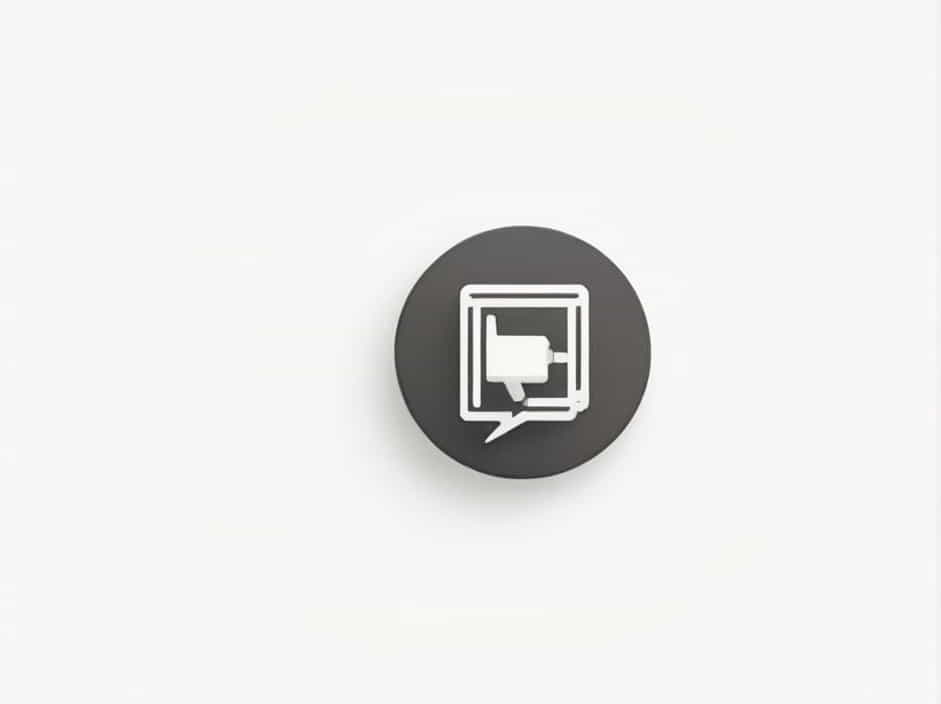In today’s digital world, media and information literacy (MIL) is more important than ever. With an overwhelming amount of information available online, people need critical thinking skills to analyze, evaluate, and verify what they read, see, and hear.
Many scholars, journalists, and thinkers have emphasized the significance of media literacy, misinformation, and responsible information consumption. Below, we explore powerful quotes that highlight the importance of media and information literacy and explain their relevance in today’s society.
1. The Importance of Media Literacy
“The ability to read the world precedes the ability to read the word.” – Paulo Freire
Paulo Freire, a renowned educator, emphasized that literacy goes beyond reading text—it involves understanding the world. Media literacy is not just about consuming content but questioning its purpose, accuracy, and impact.
“A lie can travel halfway around the world while the truth is still putting on its shoes.” – Mark Twain (attributed)
In the age of social media and viral content, misinformation spreads rapidly. This quote reminds us why it’s crucial to verify information before sharing it.
“Media literacy is not just an option, it is a necessity in the digital age.” – Renee Hobbs
Renee Hobbs, a media literacy expert, highlights how essential it is for individuals to analyze media messages critically and avoid manipulation.
2. The Role of Journalism and Information Verification
“Journalism is printing what someone else does not want printed; everything else is public relations.” – George Orwell
True journalism exposes the truth, holds power accountable, and serves the public. Media literacy helps individuals differentiate between independent reporting and corporate or political propaganda.
“If you don’t read the newspaper, you’re uninformed. If you read the newspaper, you’re misinformed.” – Mark Twain (attributed)
This quote emphasizes the importance of critical reading. Not all published information is accurate, so media literacy helps people identify bias and fact-check sources.
“In a time of deceit, telling the truth is a revolutionary act.” – George Orwell
With so much fake news, propaganda, and manipulation, uncovering and spreading the truth is a powerful form of resistance.
3. Misinformation and the Digital Age
“Falsehood flies, and the truth comes limping after it.” – Jonathan Swift
This statement, similar to Twain’s quote, shows that misinformation spreads faster than facts, making fact-checking and critical thinking essential skills.
“We are drowning in information but starved for knowledge.” – John Naisbitt
In the digital era, we have access to endless information, but quantity does not equal quality. Media literacy helps filter valuable knowledge from misinformation.
“People don’t want to hear the truth because they don’t want their illusions destroyed.” – Friedrich Nietzsche
Cognitive biases make people more likely to believe what aligns with their pre-existing beliefs. Media literacy helps individuals challenge misinformation instead of blindly accepting it.
4. Social Media and Its Influence
“When the public is confused, misinformed, or manipulated, democracy suffers.” – Carl Sagan
Social media platforms can spread both truth and lies. Without critical thinking and fact-checking, misinformation can lead to misguided opinions and poor decision-making.
“Facebook is like a fridge. You know there’s nothing new inside, but you keep checking every ten minutes.” – Unknown
This humorous quote highlights how addictive social media can be, often encouraging mindless scrolling rather than meaningful information consumption.
“Social media creates an echo chamber where we only hear what we want to believe.” – Eli Pariser
Eli Pariser’s concept of the filter bubble explains how social media algorithms show users content that reinforces their existing beliefs, making it harder to see diverse perspectives.
5. Critical Thinking and Responsible Information Consumption
“Don’t believe everything you read on the internet just because there’s a picture with a quote next to it.” – Abraham Lincoln (satirical)
This humorous fake quote serves as a reminder to fact-check everything. Many false attributions and misleading memes circulate online.
“An educated mind can entertain a thought without accepting it.” – Aristotle
Media literacy is about examining different viewpoints without blindly accepting or rejecting them.
“Think before you share. A moment of caution can prevent a lifetime of misinformation.” – Unknown
Before sharing news or social media posts, we should verify their authenticity to prevent the spread of false information.
6. Education and Media Literacy in Society
“A well-educated populace is essential to a functioning democracy.” – Thomas Jefferson
Without media literacy and education, people become easy targets for propaganda and misinformation. A well-informed society is key to a strong democracy.
“The most dangerous person is one who reads only one book.” – Thomas Aquinas
This quote highlights the importance of diverse information sources. Relying on one-sided narratives leads to misinformation and narrow-mindedness.
“The mind is not a vessel to be filled but a fire to be kindled.” – Plutarch
Education, including media literacy, should teach people how to think critically, not just memorize facts.
7. How to Improve Media and Information Literacy
Here are some practical tips inspired by the wisdom of these quotes:
1. Verify Information Before Sharing
- Use fact-checking websites like Snopes or PolitiFact.
- Cross-check with multiple credible sources.
2. Recognize Bias and Manipulation
- Ask: Who benefits from this information?
- Look for loaded language or emotional triggers.
3. Diversify Your News Sources
- Avoid relying on one news outlet.
- Read from international and independent media.
4. Teach Media Literacy to Others
- Discuss misinformation with friends and family.
- Encourage critical thinking in schools and workplaces.
Media and information literacy is a crucial skill in today’s digital age. These powerful quotes remind us of the importance of critical thinking, responsible information sharing, and media awareness. By developing strong media literacy skills, individuals can protect themselves from misinformation, think independently, and contribute to a well-informed society.
Let’s take these lessons to heart and become more mindful consumers of information!
